Caterham has been at a set of figurative crossroads for some time, pondering what will replace the Ford Sigma and Duratec engines it has been using for yonks.
Neither the Sigma, a 1.6-litre used in Caterham’s Academy racing cars, nor the 2.0-litre Duratec, used in its road and fastest race cars, has been made for several years.
Caterham bought a batch of Sigma blocks and has been assembling completed engines using those and spare parts, but they will shortly run out. It still has considerable stock of complete Duratec engines – 1200 of them – but it doesn’t believe Ford has used the unit in over four years.
Ultimately, both need replacing, but the Academy race car is a priority, so that’s what’s being addressed first.
The Academy series, designed for new race drivers, results in 34-40 Caterhams being built and raced per year. Over the past 30 years, more than 1400 people have become racers through the programme. The cars are mostly home-finished and all have to be road-registered.
At a literal crossroads, a Caterham isn’t the world’s most convenient vehicle: you sit a long way from its nose, low, and with iffy visibility. But in corporate terms, things are brighter.
In Bob Laishley, the company has a CEO with decades of OEM experience and a vast contact book, although he modestly says that wasn’t a necessity because it quickly became apparent that plenty of engine manufacturers would be happy to supply the company.
Combustion engine production, even development, is in no danger of imminently ceasing. The conundrum has been finding an engine that fits, that’s available, reliable and sufficiently light, and is priced correctly. Or, at least, correctly enough.
“We have searched high and low,” says Laishley, and the answer has come from Horse, a relatively new joint venture between Renault and Geely that “is looking to sell engines”.
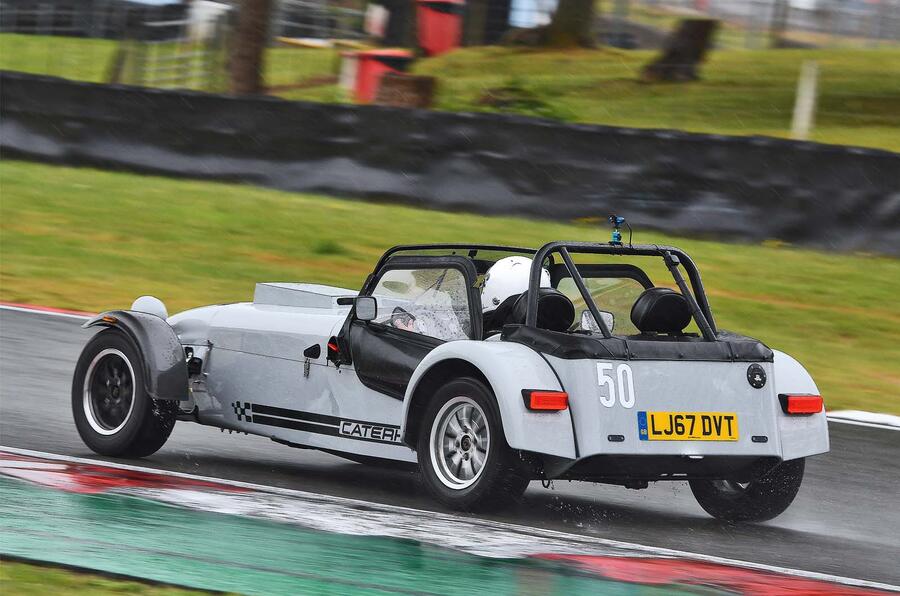
Horse has the capacity to make more than three million engines a year and wants automotive customers. Caterham has settled on its lightly turbocharged 1.3-litre four-cylinder, badged HR13DDT, made in Spain and already used in more than 20 models including the Renault Megane, Nissan Qashqai and Mercedes A-Class. So “it has been used in a number of cars and Horse has guaranteed supply well into the next decade”, says Laishley.
In existing production cars, the HR13DDT unit has standard outputs as little as 115bhp and as much as 160bhp, higher still where it’s already used in saloon car racing.

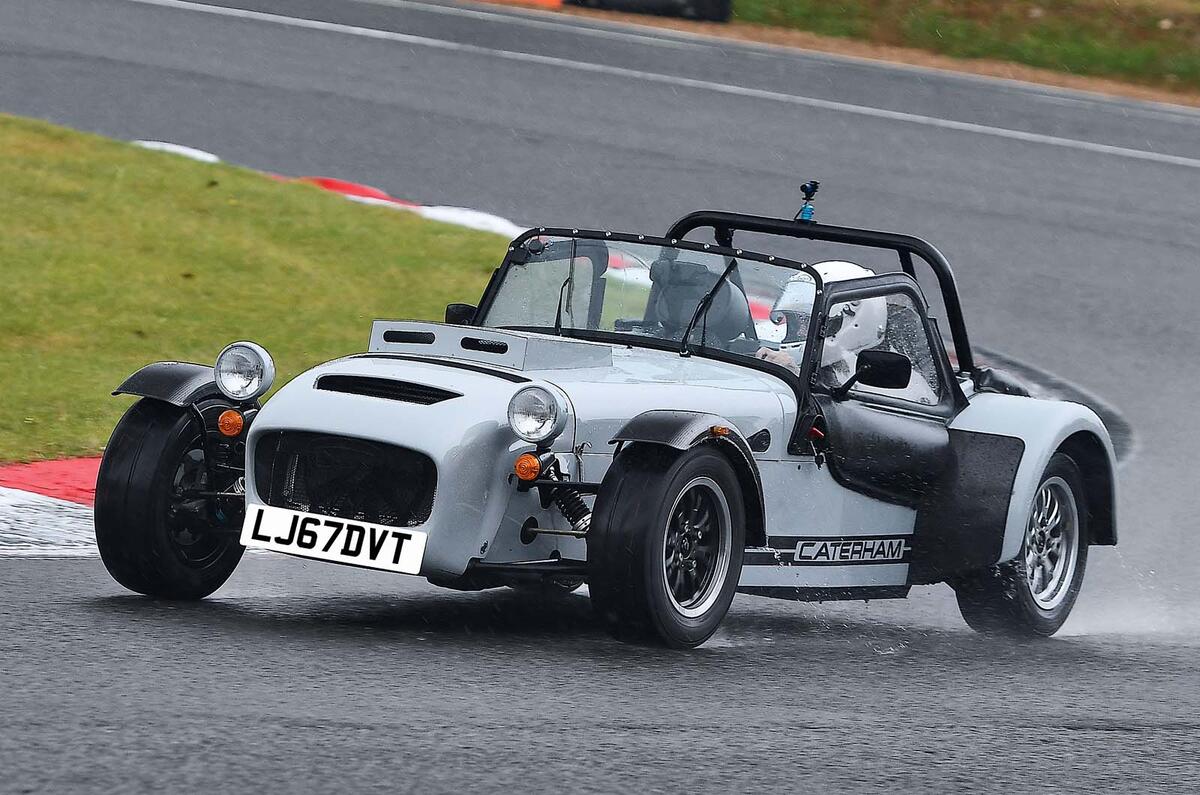
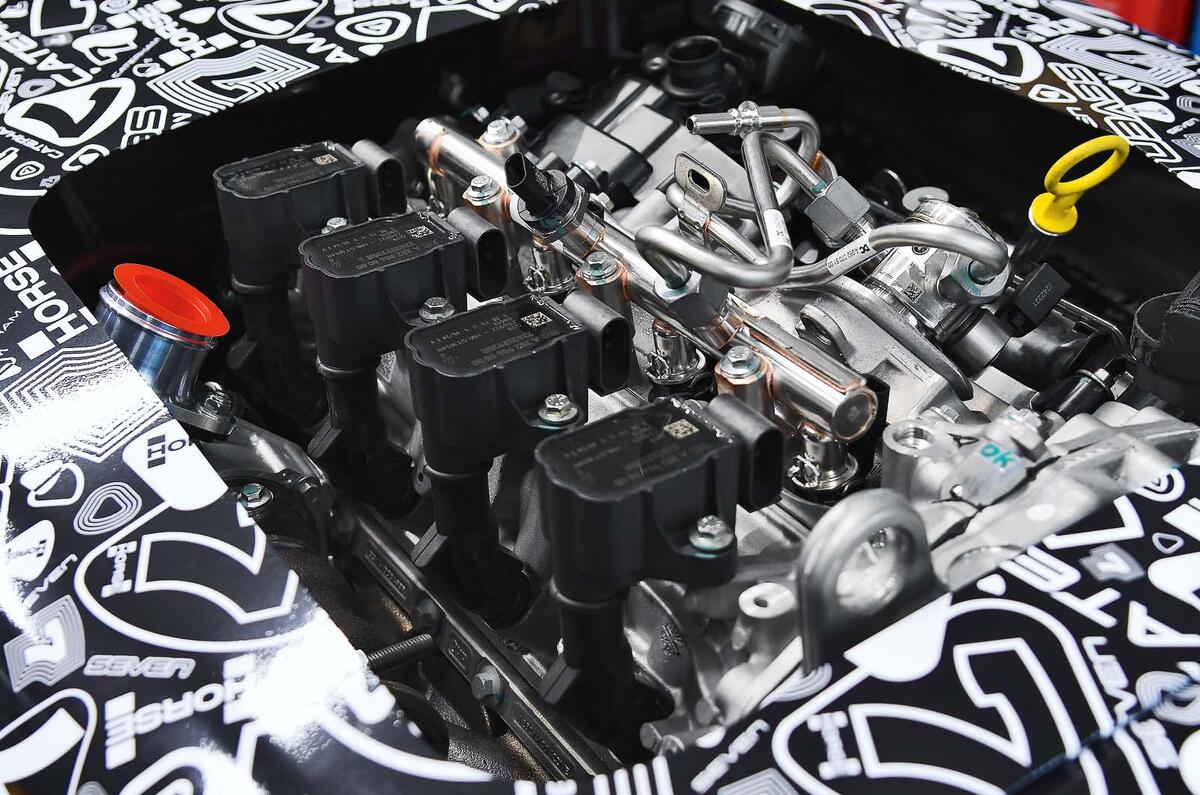
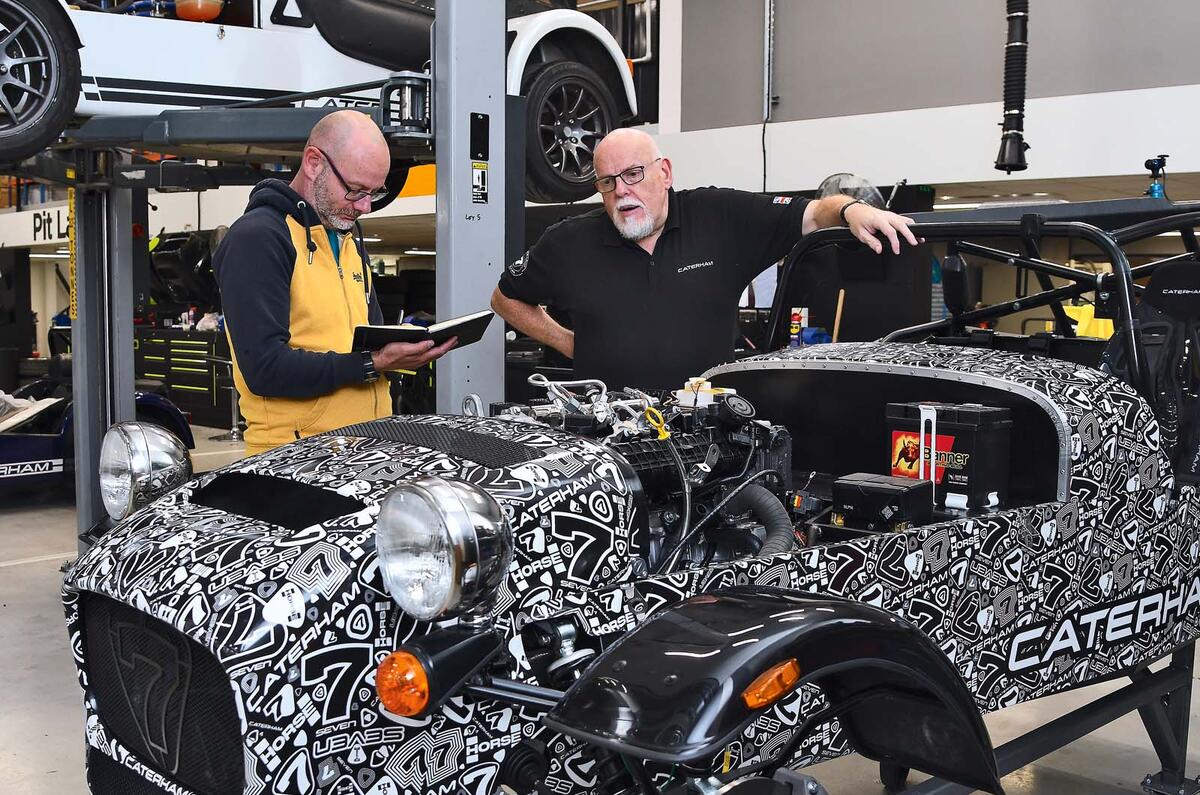

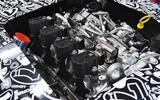
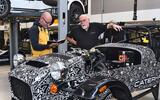

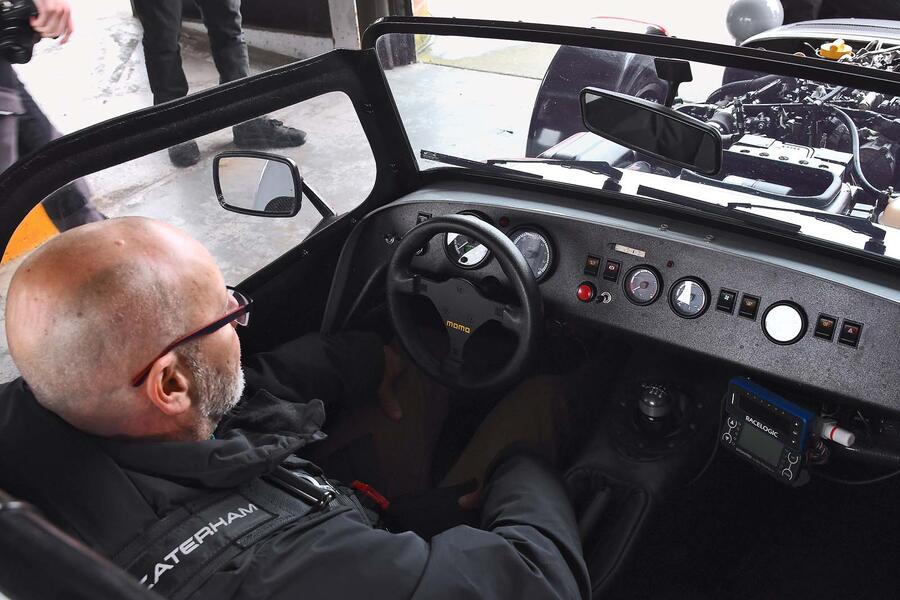
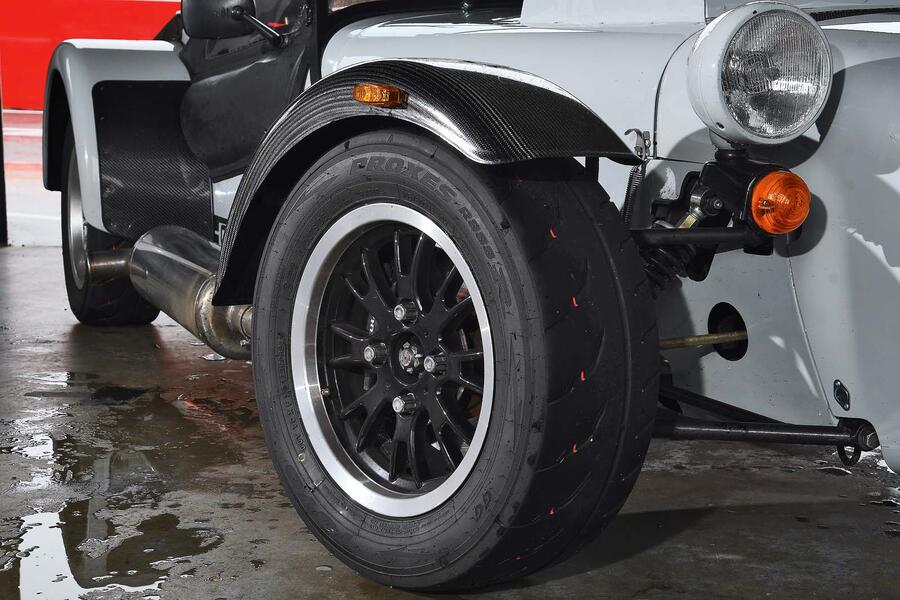
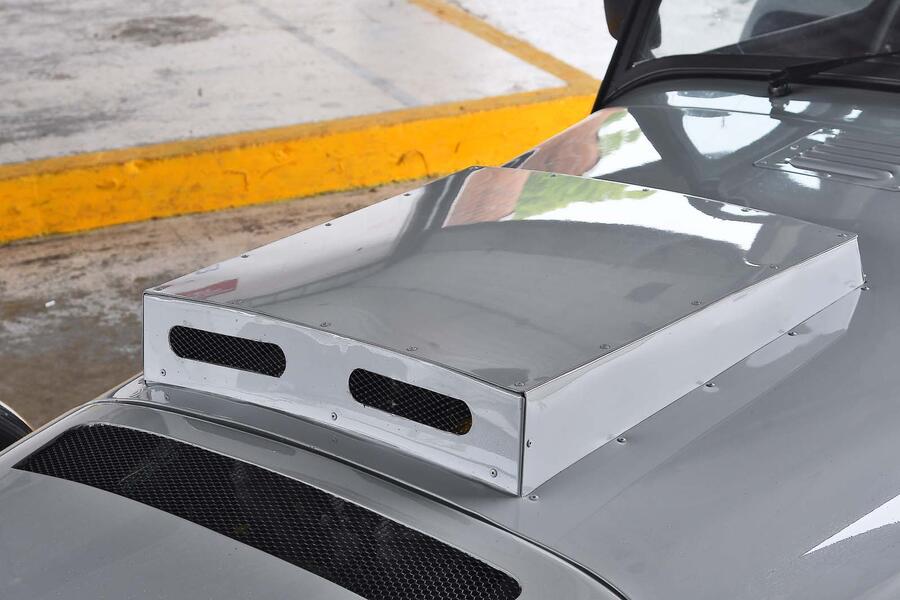




Join the debate
Add your comment
A long article, I couldn't read the whole of it without ending up Hoarse.
and they still consider it a Horseless carriage.